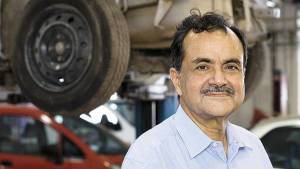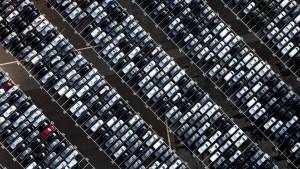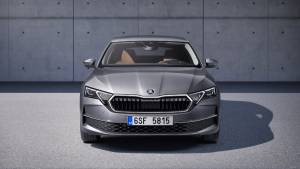Low Fuel Warning: Rising fuel prices in India may change car buying habits
In the wake of the COVID-19 pandemic, we at OVERDRIVE, like every other authority on the car industry in India, have been trying to understand what the eventual impact of this shock will be to our car-buying habits. And like the rest of us, we find that there is too much still not known to accurately predict what will happen next.
But now, at least from an Indian perspective, a new development could have a profound effect on the kind of cars we buy going forward. At the time of going to print, fuel prices had increased for 18 straight days on the trot. In fact, in a situation very unlikely to have happened before in India, diesel was more expensive in New Delhi on June 24 at Rs 79.88 per litre than petrol at Rs 79.76 per litre. These daily increments have led to a cumulative increase of Rs 8.50 and Rs 10.46 per litre in petrol and diesel prices respectively.
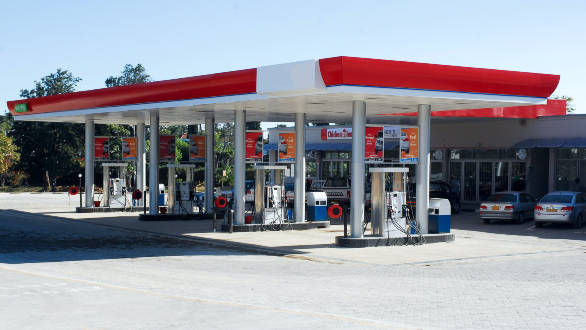 Image credit: Mehluli Hikwa on Unsplash
Image credit: Mehluli Hikwa on Unsplash
This substantial price hike is confusing at first glance, given that crude oil prices have been at their lowest ebb in recent memory in the last few months. In early April, prices had dropped to around USD 11 per barrel. There has been a rise in prices with restrictions lifting globally, but even at the current USD 40/barrel, these values are significantly less than pre-pandemic levels.
With increasing economic activity globally, and consequently fuel prices, the government seems to be making up for the loss in revenue in the past few months. The depressed economic activity during the lockdown had brought with it a steep drop in fuel sales. This had led to oil marketing companies and even the state and central governments losing out on significant revenue. But now, the rise in prices can be entirely attributed to increased excise duty. From Rs 20 per litre in February, excise duty now accounts for Rs 33 per litre of the cost for petrol. The hike has been even more for diesel in the same period, growing from Rs 15.80 to Rs 31.80. In fact, 70 per cent of the retail cost of fuel now goes towards taxes. Similarly, oil marketing firms had seen revenues drop significantly during the lockdown, and are now trying to regain lost ground with these hikes.
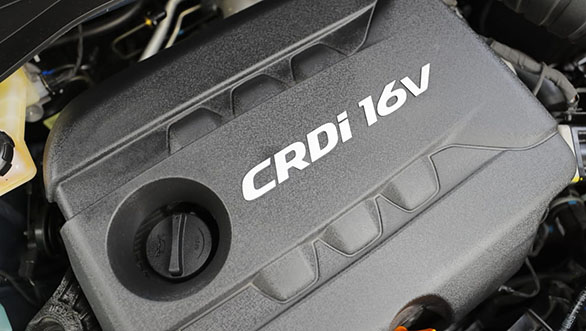
The most apparent effect of these prices will most likely be that diesel-powered cars lose further ground to their petrol-powered counterparts. In May, the Hyundai Creta was the largest selling car in the country and 55 per cent of its sales were from the diesel versions. This preference is now expected to shift towards petrol, accelerating the trend set by the BSVI transition. Even in the luxury segment Mercedes-Benz's decision to price both the petrol and diesel versions of the GLS identically shows that going forward, the driving experience, rather than the economics, will be the differentiating factor between both fuel types.
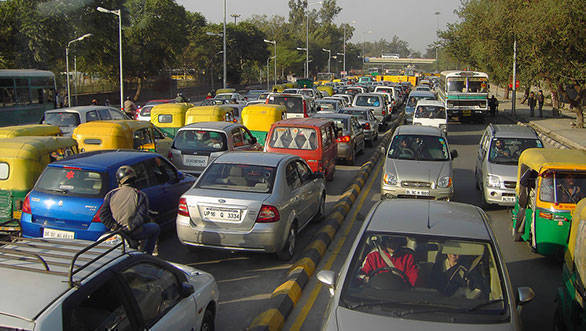
With COVID-19 not going away anytime soon, public transportation and ride-hailing services are not expected to regain favour in the near future. In fact, with a strong culture of remote working growing out of this, the entire notion of a 'work-commute' might mean very little to a large section of car buyers. Conversely, a section of the car-buying public will be on the lookout for a viable alternative to public transport. In both cases, a car that is most affordable to buy and maintain will be imperative. This should bring even more focus towards leasing, financing options, maintenance packages and long warranty periods while making buying decisions. A further effect could be more demand for used cars or longer usage cycles of new cars.
Most of this is speculation, and maybe in a year's time, we get back to how things were before the pandemic and fuel prices return to earlier trends. But the increased attention towards personal safety that this pandemic has brought about is not to be diminished, and this will become a key factor in making car purchases going forward. And if fuel prices keep going the way they are, it may possibly become the most important factor in deciding which car you want in your garage.
Car Sales in June 2020: Recovery in progress
Starts Rs 9.99 Lakhs
1353cc
Automatic
115
242
-NA-

